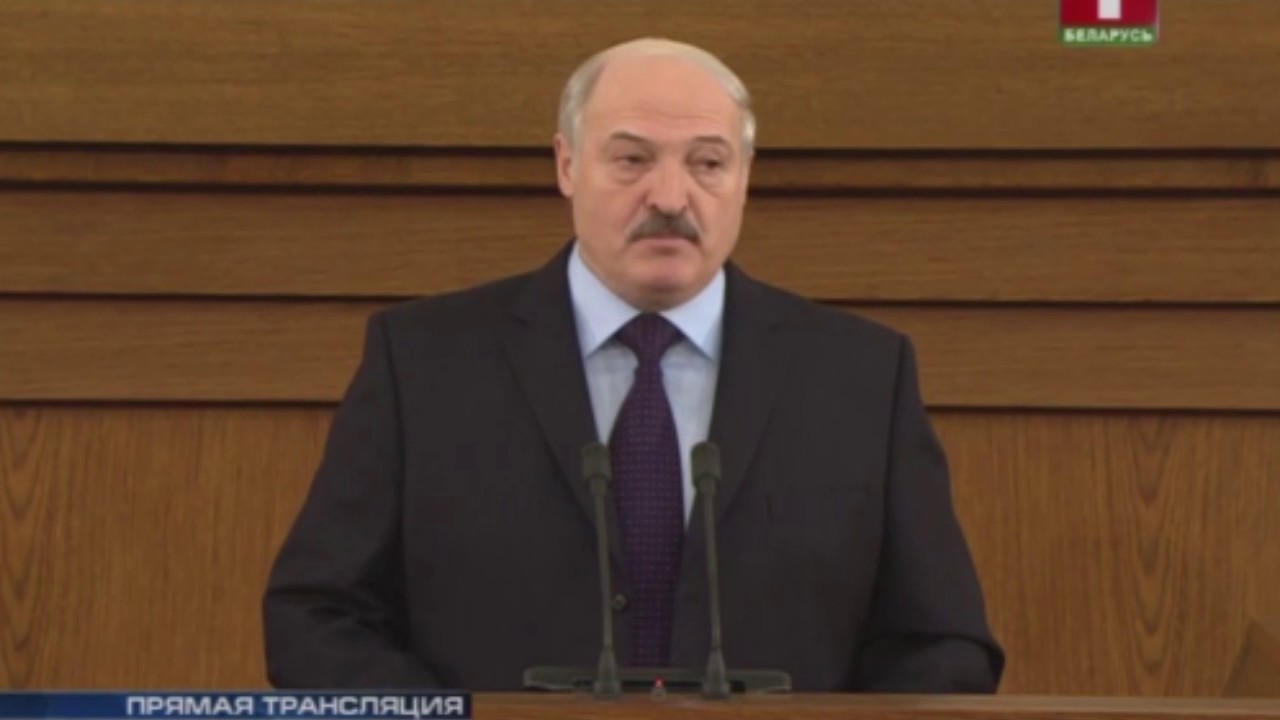The president’s engagement in state affairs to continue to reduce
 The situation has not changed
The situation has not changed

In recent years, the president’s public media appearances have demonstrated his reduced personal engagement in the state policy. Being unable to question the basic principles of Belarus’ political and economic system, the president is increasingly focusing on secondary and third-rate issues. His increasing self-elimination from the state policy is a challenge for the country’s top leadership, which prompts confusion and inaction in some and initiative and arbitrariness in others.
Last week, President Lukashenka addressed the Belarusian people and the National Assembly.
In his address to the parliament and the people, Lukashenka has confirmed the reluctance to reform the existing socio-economic model, showed discontent with the western reaction to a mild, in his view, termination of the protest movement in the country, but reiterated the desire to continue to normalise relations with the EU and the US. The president also said he was ready to toughen repressions against his opponents, in response to the growth in open discontent with the existing social and economic policy.
In addition, the president conventionally talked about the pay rise (up to USD 500) through administrative means, ensuring full employment in order to curtail the protest movement, and enforcing the decree on social dependants as a frozen tool to reduce salary expectations and demands for growth in welfare.
Judging by the president’s anti-liberal rhetoric during the address, the Belarusian authorities have lost hope in obtaining the IMF loan in the coming year. Apparently, the authorities aspire for support from Russia to resume (albeit somewhat curtailed), as well as rely on own resources. Belarusian-Russian relations occupied an insignificant part of the president’s speech, which could imply that the effects from the Eurasian integration for the population had been exhausted and the overall benefits of which continued to reduce.
It is also possible that the fact that Belarus has marked a possible end of recession – 0.3% growth in Q1 2017 – has reinforced the authorities’ assurance of economic recovery without the need for reform. President Lukashenka has reiterated the unwillingness to carry out structural reforms and privatization and emphasised the importance of the state control over the economy with a large share of the public sector. However, it seems that the Belarusian leadership would support a cautious step up in the role of the private sector, for example for the IT, which does not put the political stability at risk.
Meanwhile, none of the issues voiced by the president appeared important, since all of them had contradictory reservations. During his speech, the president has shifted the focus from the state policy to secondary and third-rate issues. Moreover, the latter were the cornerstones of his address – some enterprises, towns, prices on some goods, etc. The president seemed particularly interested and focused on affairs of his son Kolya: the school regime, curricula, etc.
The president’s low engagement in the public policy and his focus on details has broadened the opportunities for other officials and influence groups in the decision-making. However, since the president has retained unchallenged arbitrage powers, only those who are able to take risks would be able to use such opportunities.
Subscribe to our newsletter




Situation in Belarus
Constitutional referendum: main consequences


 Video
Video
How to count the political prisoners: are the new criteria needed?


 Video
Video
Paternalism In Decline, Belarusian Euroscepticism, And The Influence Of Russia


 Video
Video











